References
Bartoszewska M, Kamboj M, Patel DR. Vitamin d, muscle function, and exercise performance. Pediatr Clin N Am. 2010;57(3):849–61. 146.
Tomlinson PB, Joseph C, Angioi M. Effects of vitamin d supplementation on upper and lower body muscle strength levels in healthy individuals. A systematic review with meta-analysis. J Sci Med Sport. 2015;18(5):575–80
Kerksick et al. Journal of the International Society of Sports Nutrition (2018) 15:38
Krzywanski J, Mikulski T, Krysztofiak H, Mlynczak M, Gaczynska E, Ziemba A. Seasonal vitamin d status in polish elite athletes in relation to sun exposure and oral supplementation. PLoS One. 2016;11(10):e0164395.
Shane, B. Food and Nutrition Bulletin, vol. 29, no. 2 (supplement) © 2008, The United Nations University.
Mahmood L. The metabolic processes of folic acid and Vitamin B12 deficiency. J Health Res Rev 2014;1:5-9
Kim MK1, Sasazuki S, Sasaki S, Okubo S, Hayashi M, Tsugane S.. (2003). Effect of five-year supplementation of vitamin C on serum vitamin C concentration and consumption of vegetables and fruits in middle-aged Japanese: a randomized controlled trial.. Journal Of American College Of Nutrition. 22 (3), p208-216.
Peterss EM, Anderson R, Nieman DC, Fickl H, Jogessar V. (2001). Vitamin C supplementation attenuates the increases in circulating cortisol, adrenaline and anti-inflammatory polypeptides following ultramarathon running. US National Library of Medicine National Institutes of Health.
Rivlin RS. Riboflavin. In: Coates PM, Betz JM, Blackman MR, et al., eds. Encyclopedia of Dietary Supplements. 2nd ed. London and New York: Informa Healthcare; 2010:691-9.
Said HM, Ross AC. Riboflavin. In: Ross AC, Caballero B, Cousins RJ, Tucker KL, Ziegler TR, eds. Modern Nutrition in Health and Disease. 11th ed. Baltimore, MD: Lippincott Williams & Wilkins; 2014:325-30.
Hoey L, McNulty H, Strain JJ. Studies of biomarker responses to intervention with riboflavin: a systematic review. Am J Clin Nutr 2009;89:1960S-80S.
Sommer A, Katz J, Tarwotjo I.. (2004). Increased risk of respiratory disease and diarrhea in children with preexisting mild vitamin A deficiency.. The American Journal Of Clinical Nutrition. 40 (5), p1090-1095.
Stephensen CB.. (2001). Vitamin A, infection, and immune function.. Annual Review Of Nutrition. 21 (1), p167-192.
Livera, et al., “Regulation and Perturbation of Testicular Functions by Vitamin A” (Review), Reproduction (2002) 124, 173-180
Elshama S, Abdalla ME, Mohamed AM (2018) Role of Natural Antioxidants in Treatment of Toxicity. J Toxicol Anal. Vol. 1 No. 1:3.
Lobo V, Patil A, Phatak A, Chandra N. Free radicals, antioxidants and functional foods: Impact on human health. Pharmacogn Rev. 2010;4(8):118–126. doi:10.4103/0973-7847.70902
Siesjö BK , Agardh CD , Bengtsson F Cerebrovascular and Brain Metabolism Reviews [01 Jan 2000, 1(3):165-211]
Dean C. The Magnesium Miracle. New York: Ballantine Books; 2007.
Schwalfenberg, Gerry K, and Stephen J Genuis. “The Importance of Magnesium in Clinical Healthcare.” Scientifica vol. 2017 (2017): 4179326. doi:10.1155/2017/4179326.
Carvil, Phil MSc; Cronin, John PhD. (2010). Magnesium and Implications on Muscle Function. Strength and Conditioning Journal:. 32 (1), p48-54.
Maday, Kristopher R. (2013). Understanding electrolytes: Important diagnostic clues to patient status. Journal of the American Academy of PAs. 26 (1), p26-31.
Tatianna Travieso, Caroline Willis, Maria Rojas, Anthony Eckdahl, Kyla Roland, Elise Edman, Sofia Aguilera Tovar, Nicklaus Hanlan, Shi Qing Ong, Jacob Wagner, Jeffrey L. Poet, Todd T. Eckdahl, Laurie . (2013). Understanding electrolytes: Important diagnostic clues to patient status. Journal of the American Academy of PAs. 26 (1), p26-31.
Parra M, Stahl S, Hellmann H. Vitamin B₆ and Its Role in Cell Metabolism and Physiology. Cells. 2018;7(7):84. Published 2018 Jul 22. doi:10.3390/cells7070084
George A. Soultoukis1 and Linda Partridge. (2016). Optimization of Cell Free Protein Synthesis: Development of a Fusion Protein Fitness Strategy. Annual Review of Biochemistry. 85 (5), p5-34.
Aloia JF, Chen DG, Yeh JK, Chen H. Serum vitamin D metabolites and intestinal calcium absorption efficiency in women. American Journal of Clinical Nutrition. 2010;92(4):835–40
Calvo MS, Whiting SJ, Barton CN. Vitamin D fortification in the United States and Canada: current status and data needs. American Journal of Clinical Nutrition. 2004;80(6 Suppl):1710S–6S.
Sanger JM, Sanger JW. Recent advances in muscle research. Anat Rec (Hoboken). 2014;297(9):1539–1542. doi:10.1002/ar.22986
Endo, M. (2009). Calcium-Induced Calcium Release in Skeletal Muscle. American Physiological Society. 89 (4).
Wakabayashi T. Mechanism of the calcium-regulation of muscle contraction–in pursuit of its structural basis. Proc Jpn Acad Ser B Phys Biol Sci. 2015;91(7):321–350. doi:10.2183/pjab.91.321

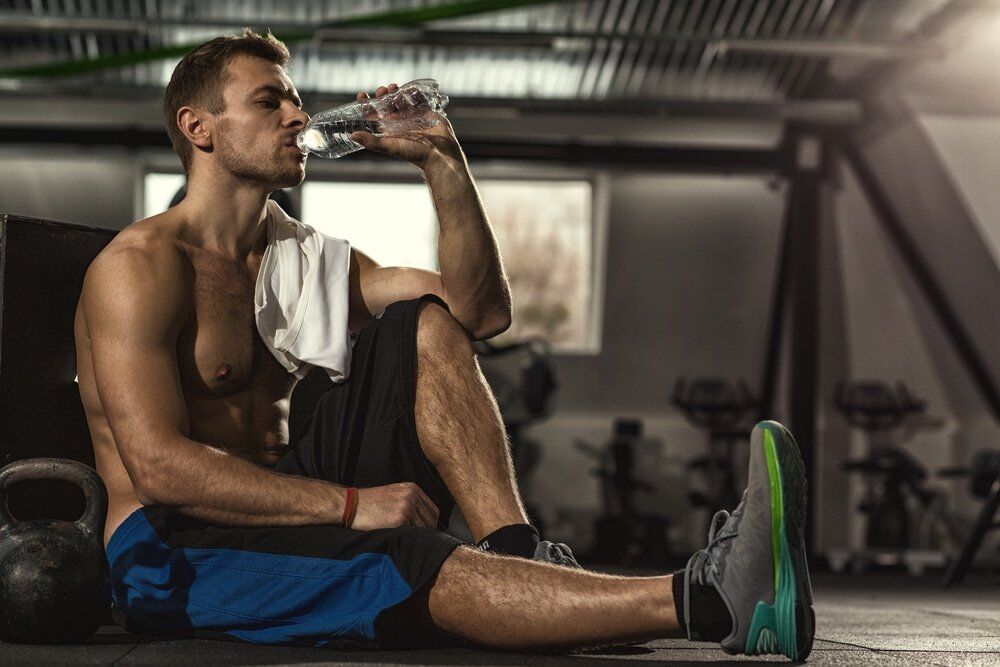

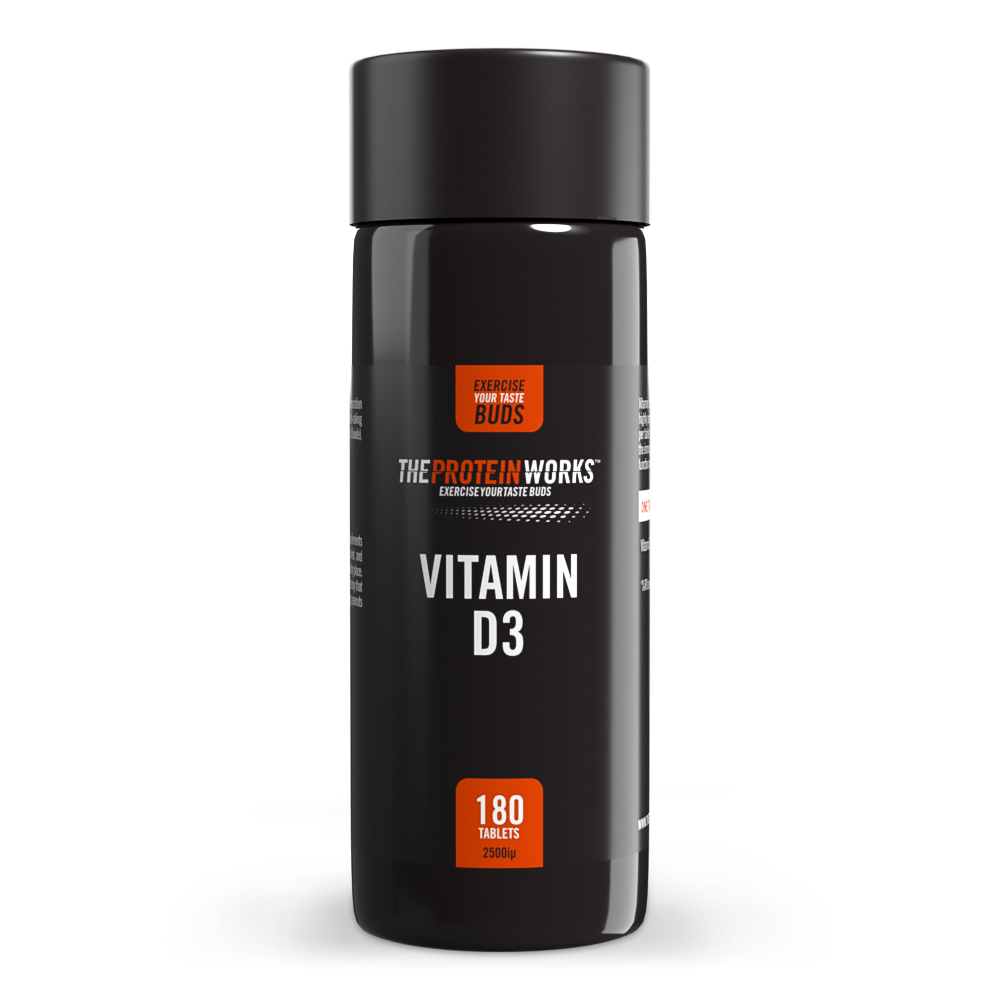
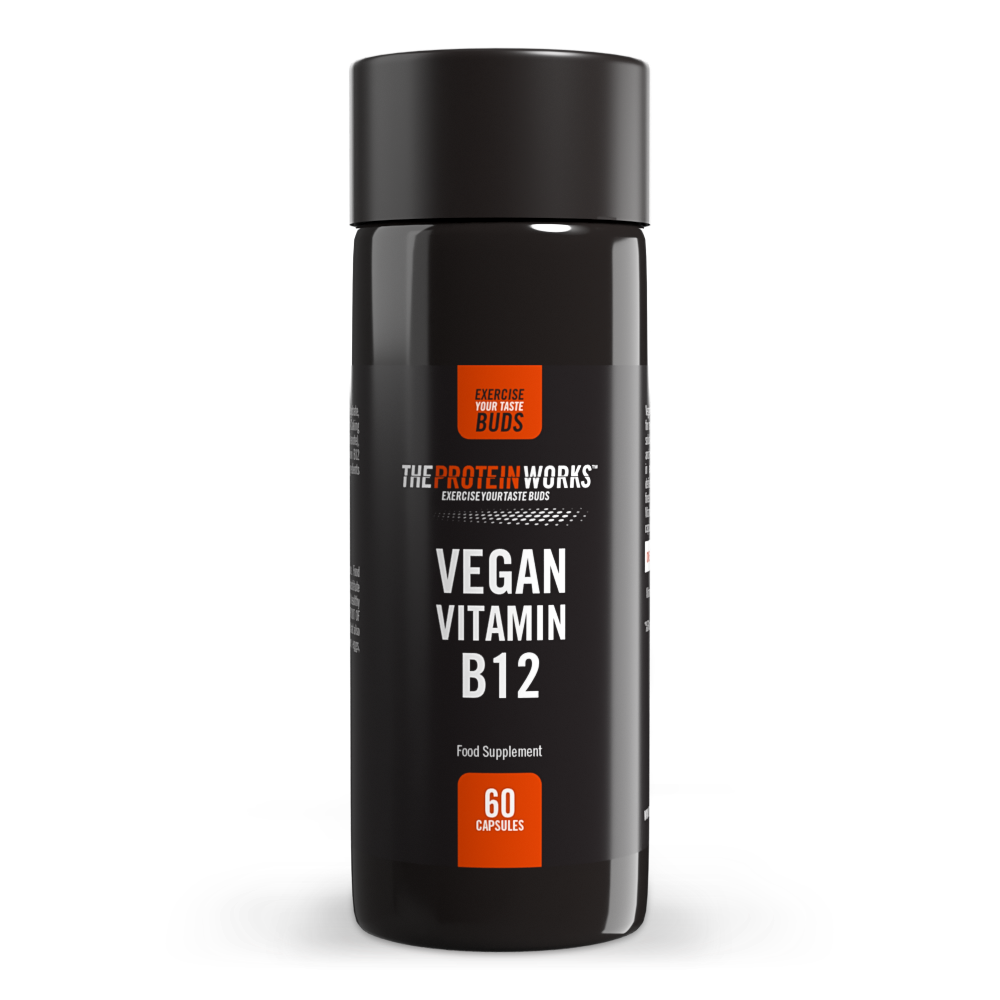
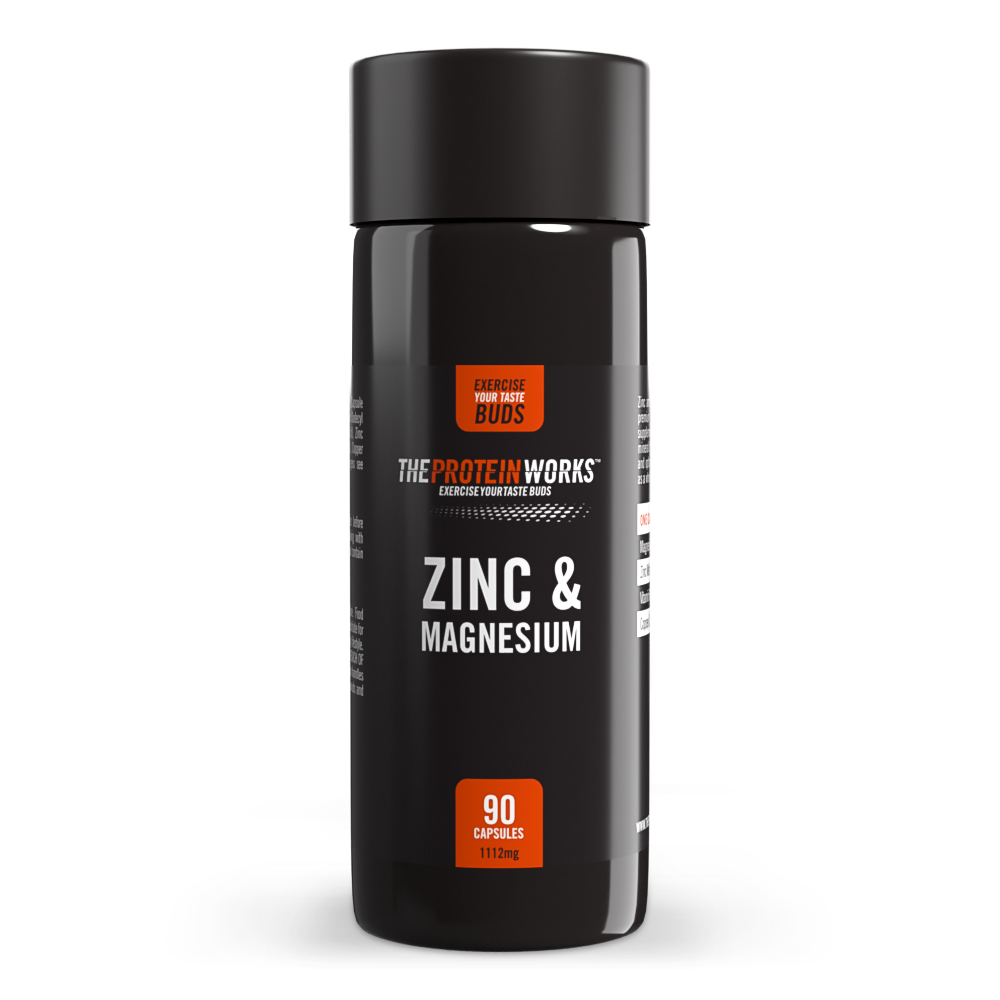
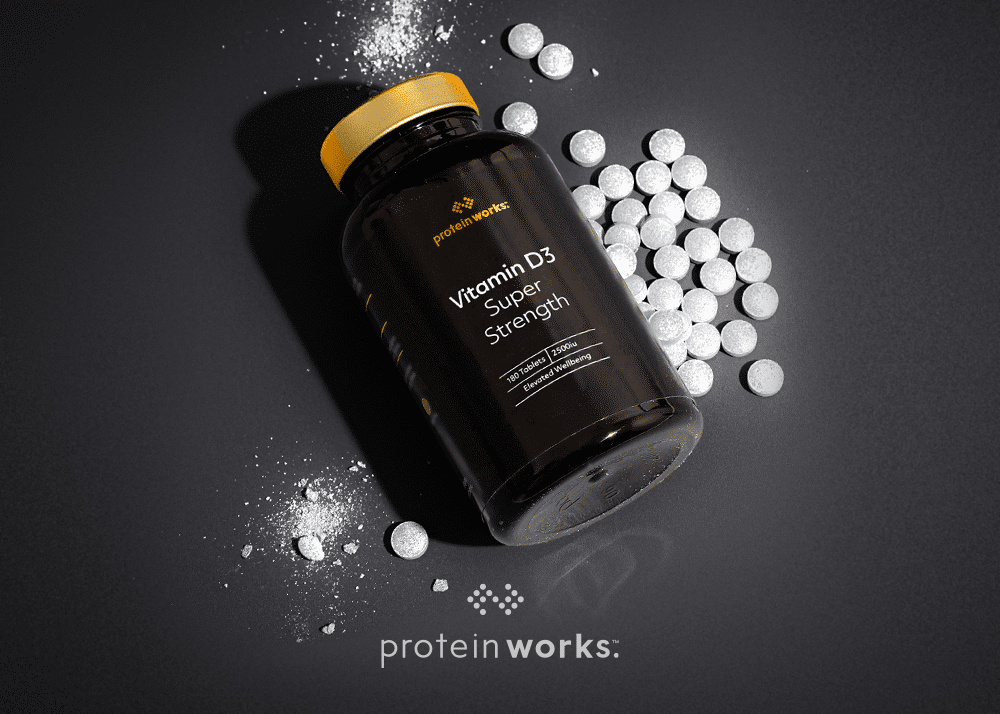
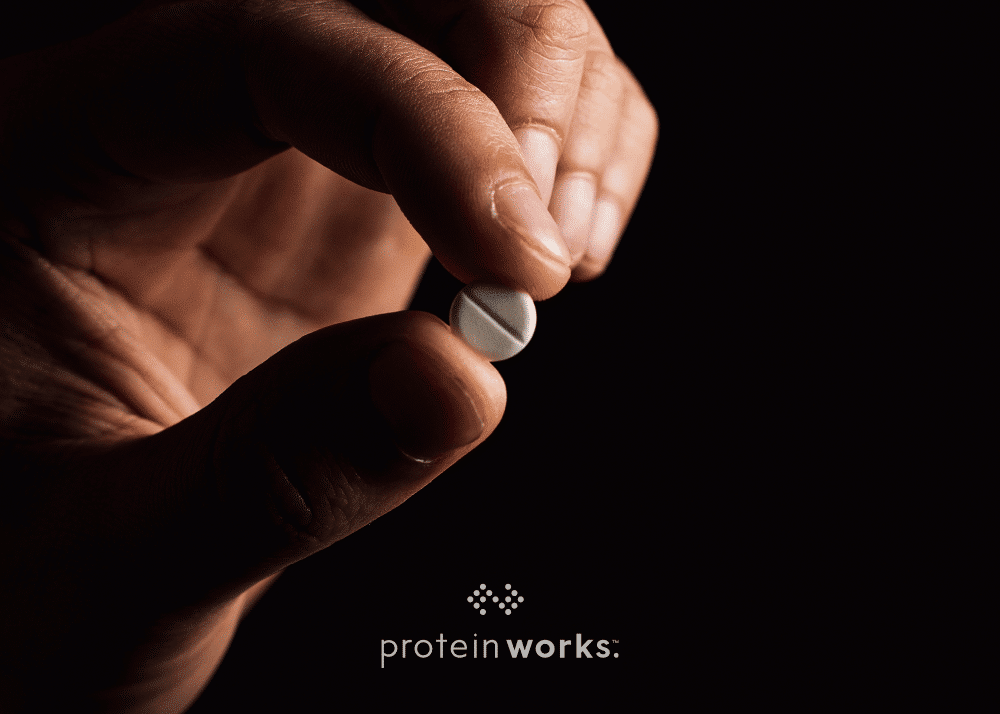
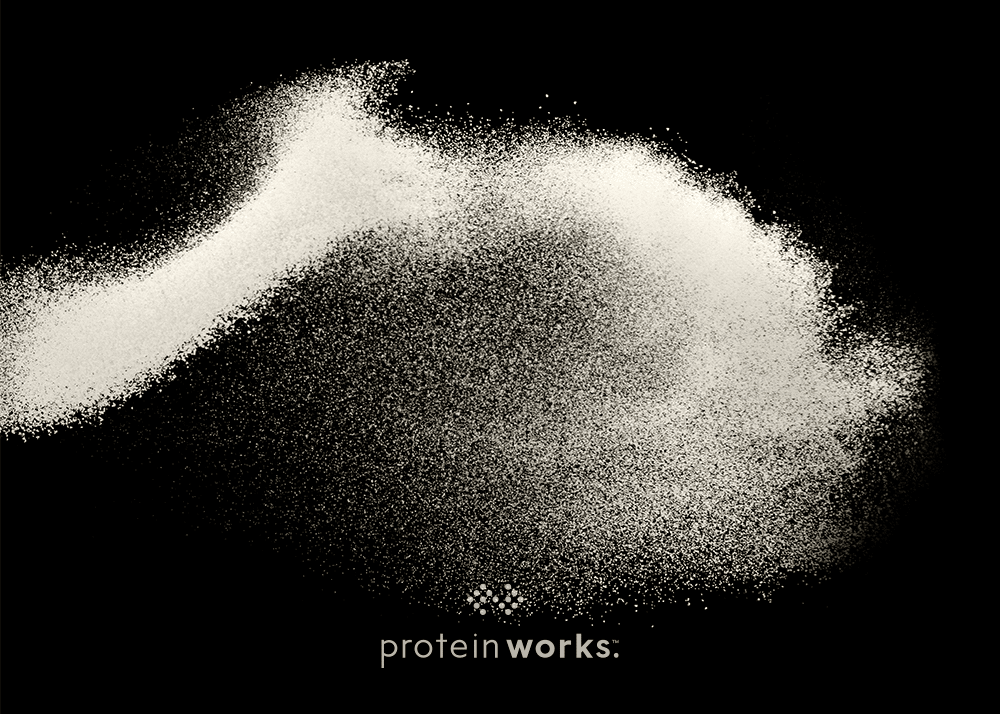
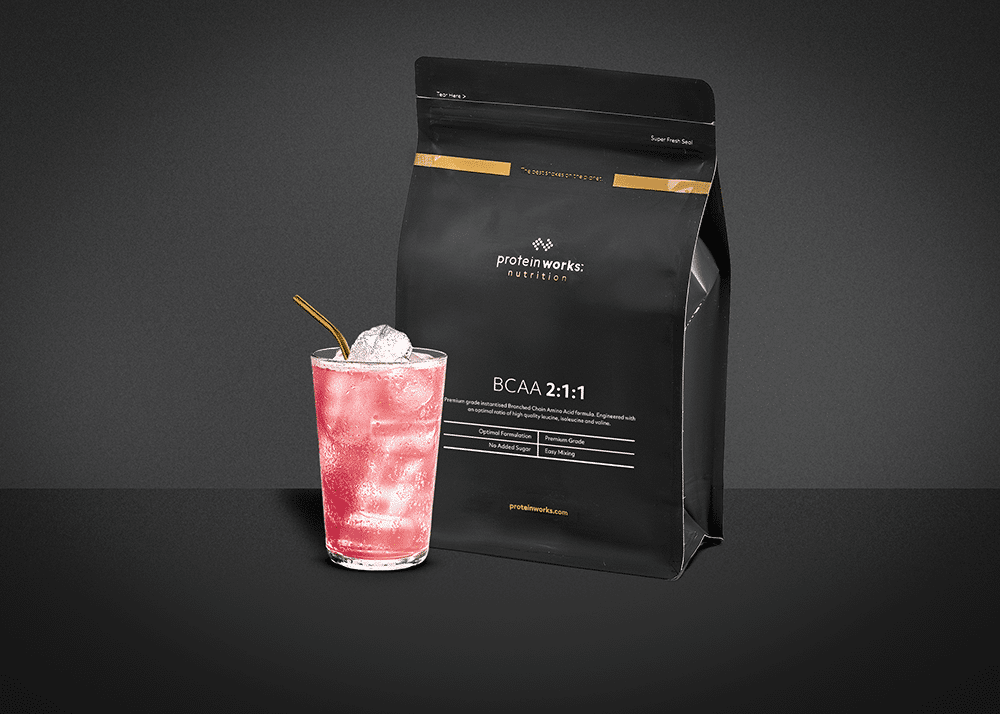
No Comments yet!